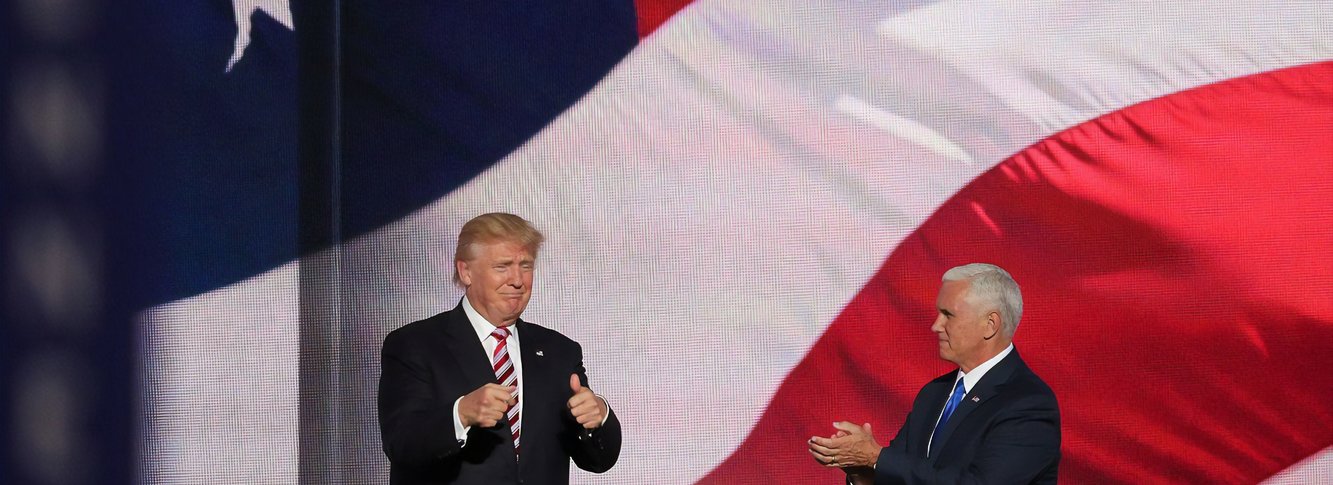| 2 mins read
US Republicanism and conservatism were structured around ‘fusionism’ from the 1950s onwards. Disparate ideas and interests were ‘fused’ in a broad coalitional bloc that was based upon a commitment to free markets, moral or cultural traditionalism and a commitment to US national security, as well as global power projection. There have, however, been significant shifts in recent years as many Republicans have turned against the larger corporations which appear to have little loyalty to the US heartland and are, it is said, guilty of embracing ‘woke’ ideology: that ideology has become the focus of cultural conservatism, with wedge issues such as trans-rights a constant theme. In addition, many Republicans have either embraced or acquiesced in, a conspiracist sub-culture. If foreign policy is considered, national security has been redefined in more restricted and overtly realist terms. Consequently, there has been a repudiation of earlier neoconservative efforts to spread market democracy. All these strands of thought are tied together by an impatience of, or at times disdain for, the checks and balances that define US political processes. Political actors across almost all sections of the right, but most notably candidates for federal office, have had to restructure their platforms and subscribe to these reconfigurations of Republican thinking and the ‘new fusionism’. Although these ideas have a ‘thin’ character, they represent a significant shift away from the thinking of figures such as former House Speaker, Paul Ryan, Mitt Romney and George W. Bush, who defined conservatism and Republicanism just a few years ago. For the most part, their efforts to roll back federal government entitlement programmes such as Medicare, and create a much leaner state, have been abandoned. The article argues that the new fusionism is becoming increasingly embedded and therefore marks a long-run shift in Republican thinking that is likely to endure, regardless of Donald Trump's political fortunes.
Need help using Wiley? Click here for help using Wiley



